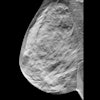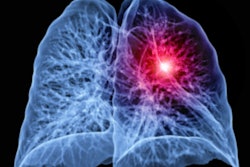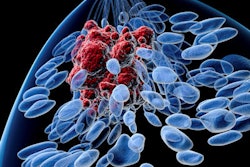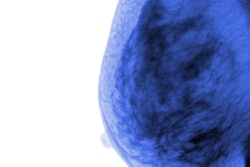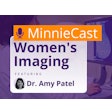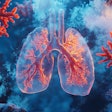Dear Women's Imaging Insider,
Women's imaging continues to utilize the promise of advanced visualization, whether it's to study more effective ways of detecting and treating breast cancer or managing care for expectant mothers.
A team from Lanzhou University in China recently developed their own nomogram, a predictive model that transforms complex data into visual graphs, to better assess axillary lymph node status. They found that the nomogram can help with noninvasive assessment in women with early-stage breast cancer by using radiomics and automated breast volume scanning from ultrasound. Read what the team found in this edition's Insider Exclusive.
Also, researchers found that combining quantitative ultrasound data with historical clinical data could better identify pregnant women at risk for spontaneous preterm birth. They suggested that this method is more accurate than using clinical data alone.
In other news, a Johns Hopkins Medicine team reported that interval breast cancers show molecular features that are less than favorable compared to screen-detected cancers found on mammography. Find out why the team suggests that earlier diagnosis is even more important with these findings in mind.
Additionally, Stanford University researchers found disparities for breast cancer treatment when it comes to women from sex and gender minority groups and cisgender, heterosexual women. This comes even as screening mammography usage is comparable between the two groups.
Plus, check out our other stories coming out of the women's imaging community:
- A pilot study out of the University of Florida suggests that an informational booklet can help with decision-making among older women when it comes to continuing breast cancer screening.
- Canadian researchers reported that MRI is the best supplemental imaging method when it comes to detecting breast cancer in dense breasts in average-risk women.
- A team from the University of Tennessee found that food insecurity may play a part in women not adhering to breast cancer screening guidelines.
- Dartmouth College scientists reported that "many" women aren't aware of breast density's role in breast cancer risk.
Find more articles like these by regularly visiting your Women's Imaging Community!



